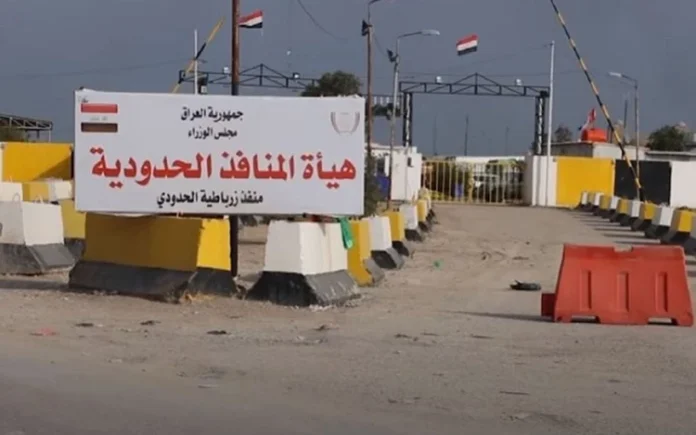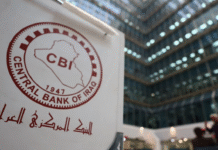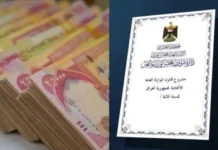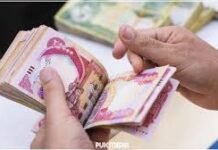On Thursday, Mudar Al-Karawi, a member of the Parliamentary Finance Committee, confirmed that curbing corruption at border crossings will increase their revenues in the state budget by at least 10%.
During an interview, Al-Karawi stated that the rapid changes in the energy sector pose three major risks to the Iraqi treasury if it continues to rely solely on oil as its primary resource. The most significant of these risks are price fluctuations which can have a direct impact on the government’s ability to secure salaries and other benefits. Therefore, he stressed the need to reconsider revenue diversification as a solution to these issues.
According to him, border crossings were once a significant source of income, but corruption has led to a significant reduction in revenue. He added that these crossings have the potential to become a crucial factor in securing a portion of the country’s general budget revenues.
If the government adopts frameworks for what is imported and curbs corruption at the crossings, the country’s revenues from the crossings could reach up to 10% of the budget. This would provide greater flexibility in dealing with any fluctuations in crude oil prices.





